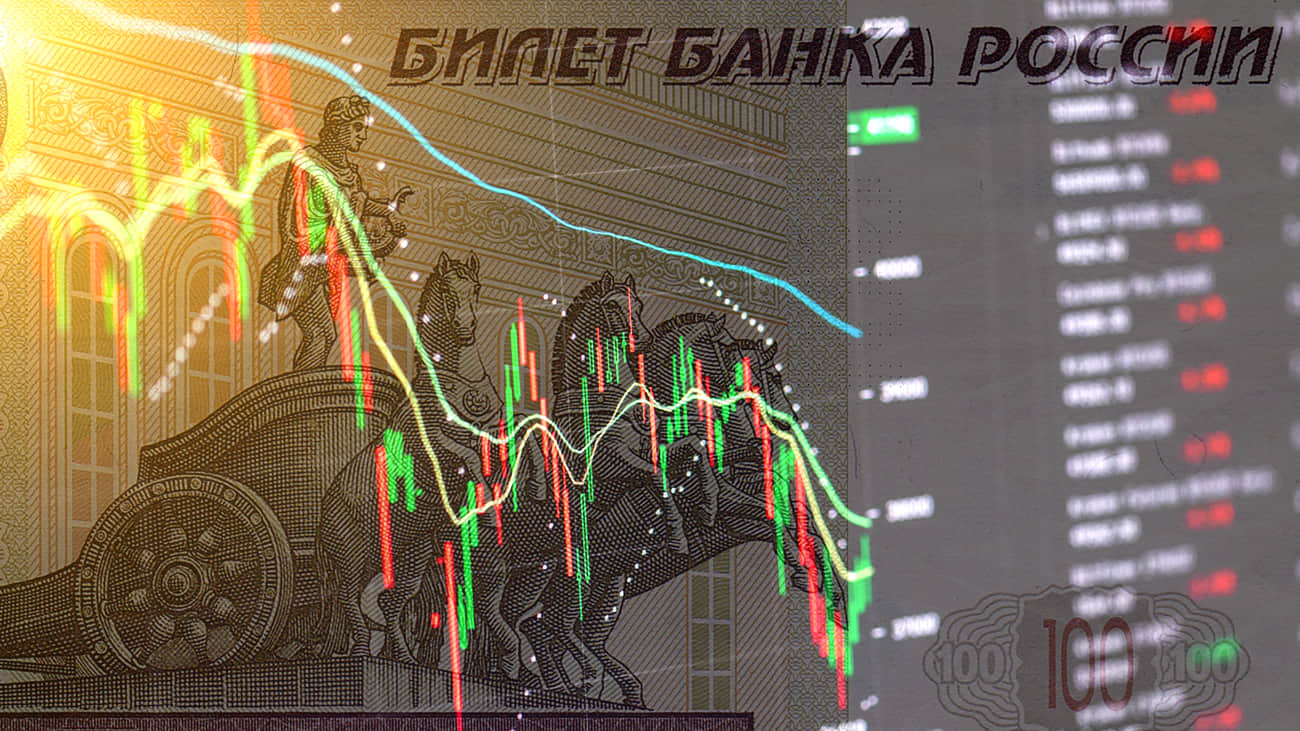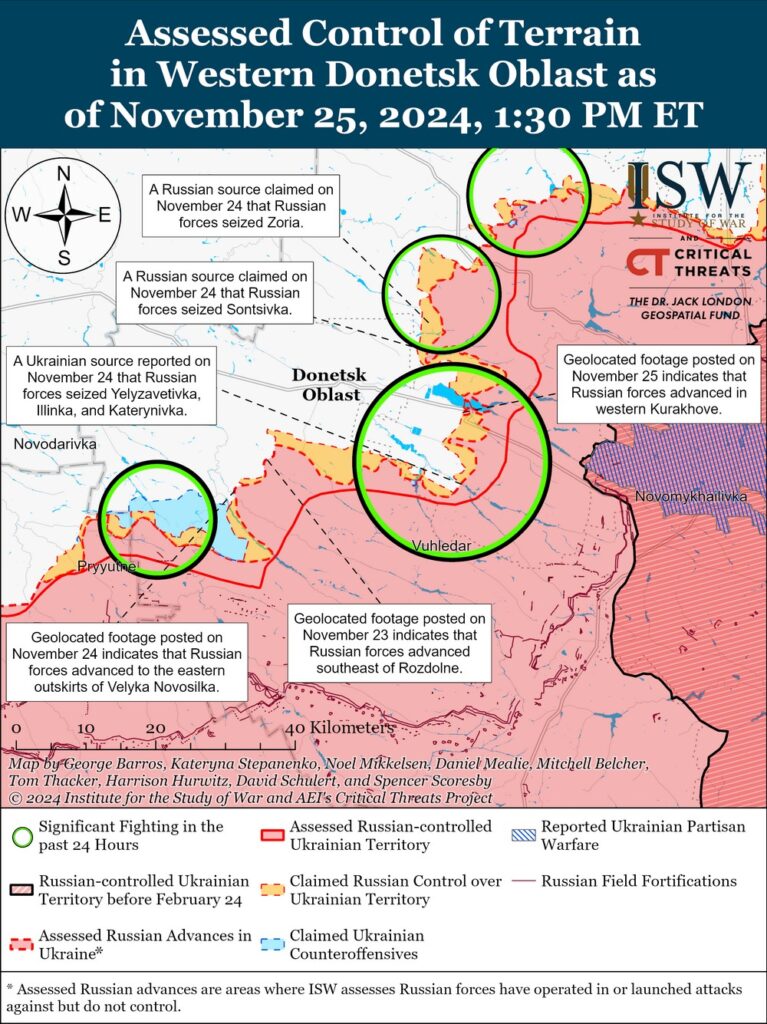Russian economy overheated and becomes increasingly reliant on continuing war, study proves
Russia's economy has been noticeably overheating and is increasingly dependent on continuing the war, the expenses of which act like a narcotic on it. Source: Vienna Institute for International Economic Studies (WIIW) Details: The Russian economy, fuelled by the weapons boom, can no longer sustain its rapid growth, the WIIW forecast suggests.

Russia's economy has been noticeably overheating and is increasingly dependent on continuing the war, the expenses of which act like a narcotic on it.
Source: Vienna Institute for International Economic Studies (WIIW)
Details: The Russian economy, fuelled by the weapons boom, can no longer sustain its rapid growth, the WIIW forecast suggests.
"Operating at the limits of its capacity, the economy is now showing increasing signs of overheating," the forecast indicated.
According to WIIW, the Russian economy grew by 3.5% last year. However, with high inflation and key bank rates raised to 16%, analysts estimate that this year's growth will reach only 1.5%.
"Russia is increasingly dependent on the war continuing. The enormous spending on it is like a drug for the economy," Vasily Astrov, Russia country expert at WIIW, pointed out.
Astrov indicated that about 29% of the country's federal budget will be allocated for armaments in 2024. Generally, spending on the Russian military industry has increased to 6% of the country's GDP, the highest level since the collapse of the Soviet Union.
In addition, the Austrian Institute has lowered its economic growth forecast for Ukraine. This year, the figure may reach 3%, which is 1.2 percentage points lower than WIIW experts had previously expected.
They pointed to the possible victory of Donald Trump in the US presidential election, which makes the future of Western financial assistance to Ukraine, which is defending itself from Russian invasion, even less certain.
Background: In 2023, the European Union, affected by war, inflation and weakening export markets, managed to avoid recession despite the weakness of its two largest economies, Germany and France, and given that the EU had not experienced any significant growth since mid-2022.
Support UP or become our patron!


